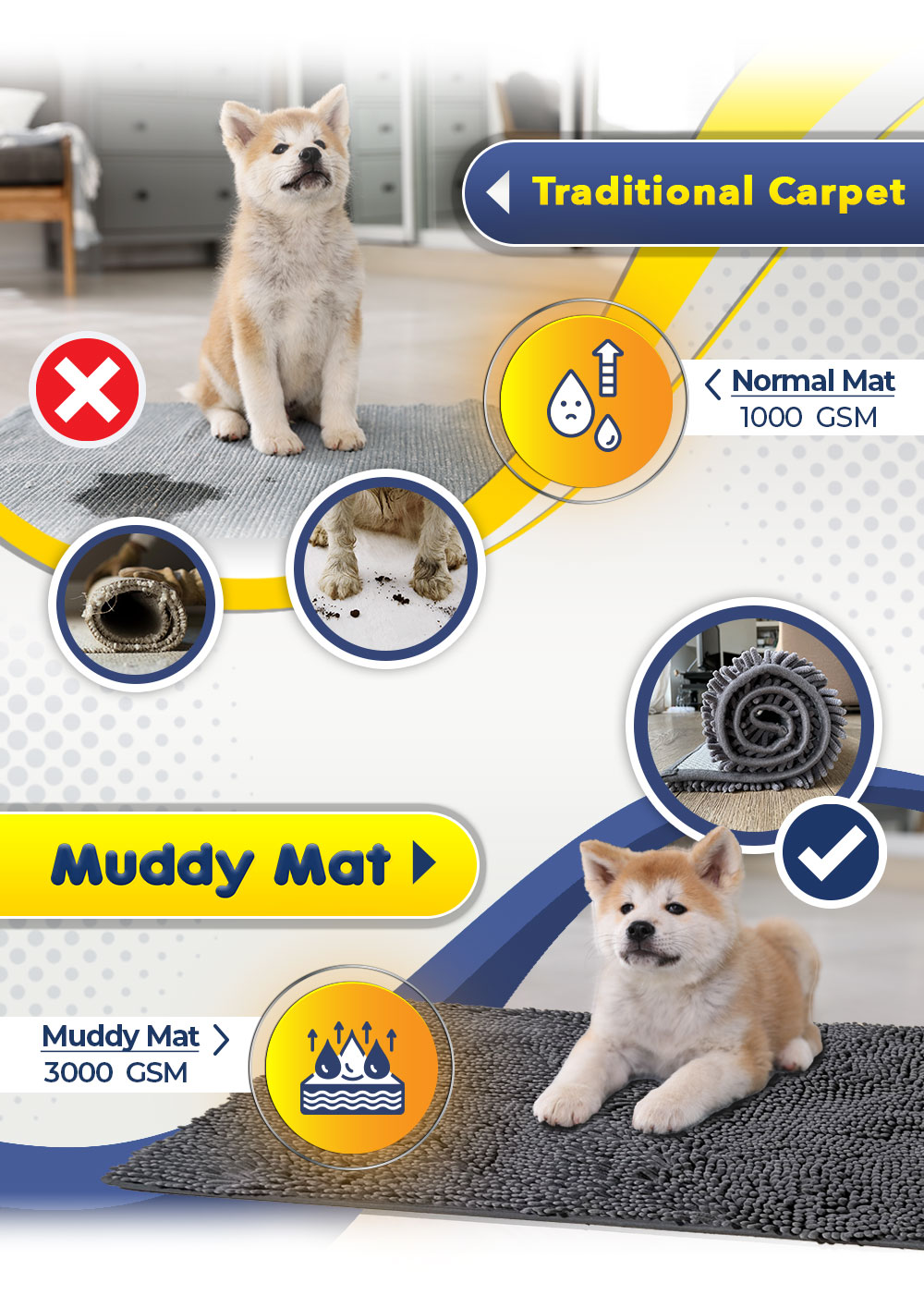The Ultimate Guide to UCSD Pet Nutrition: Ensuring Optimal Health for Your Furry Friends
#### Understanding UCSD Pet NutritionUCSD Pet Nutrition refers to the comprehensive study and application of dietary needs for pets, particularly dogs and c……
#### Understanding UCSD Pet Nutrition
UCSD Pet Nutrition refers to the comprehensive study and application of dietary needs for pets, particularly dogs and cats, as emphasized by the University of California, San Diego (UCSD). This program focuses on the nutritional requirements that contribute to the overall health and well-being of pets, providing pet owners with the knowledge they need to make informed dietary choices.
#### The Importance of Nutrition in Pet Health
Proper nutrition is crucial for pets, just as it is for humans. A balanced diet can prevent various health issues, enhance longevity, and improve the quality of life for pets. UCSD Pet Nutrition highlights the significance of understanding the specific dietary needs of different breeds, ages, and health conditions. For instance, puppies require more protein and calories than adult dogs, while senior pets may need diets lower in fat and higher in fiber to maintain a healthy weight.
#### Key Components of a Balanced Pet Diet
A well-rounded diet for pets includes proteins, carbohydrates, fats, vitamins, and minerals. UCSD Pet Nutrition emphasizes the following components:

1. **Proteins**: Essential for growth, maintenance, and repair of tissues. High-quality protein sources such as chicken, beef, fish, and eggs should be included in pet diets.
2. **Fats**: Necessary for energy and the absorption of fat-soluble vitamins. Omega-3 and Omega-6 fatty acids are particularly important for skin and coat health.
3. **Carbohydrates**: Provide energy and aid in digestion. Whole grains, fruits, and vegetables can be excellent sources of carbohydrates.
4. **Vitamins and Minerals**: Vital for various bodily functions, including bone health, immune system support, and metabolic processes. A balanced diet should include a variety of these nutrients.
#### Special Dietary Needs
Some pets may have special dietary requirements due to health issues such as allergies, obesity, or diabetes. UCSD Pet Nutrition provides guidance on how to tailor diets to meet these needs. For example, pets with food allergies may require hypoallergenic diets, while overweight pets may benefit from calorie-restricted foods.
#### Practical Tips for Pet Owners
1. **Read Labels**: Understanding pet food labels is essential. Look for high-quality ingredients and ensure that the food meets the nutritional standards established by the Association of American Feed Control Officials (AAFCO).
2. **Consult a Veterinarian**: Always consult with a veterinarian or a pet nutritionist when making significant changes to your pet's diet or if you have concerns about their nutritional needs.
3. **Monitor Weight and Health**: Regularly monitor your pet’s weight and overall health. Adjust their diet as necessary to maintain a healthy weight and address any emerging health issues.

4. **Homemade Diets**: Some pet owners opt for homemade diets. If you choose this route, ensure that the diet is balanced and meets all nutritional requirements. Consulting with a vet or a pet nutritionist is highly recommended.
#### Conclusion
In summary, UCSD Pet Nutrition provides invaluable insights into the dietary needs of pets, emphasizing the importance of a balanced diet for maintaining optimal health. By understanding the key components of pet nutrition and being aware of special dietary needs, pet owners can make informed choices that promote the long-term health and happiness of their furry companions. Whether you are a new pet owner or have years of experience, staying informed about pet nutrition is essential for ensuring a healthy and fulfilling life for your pets.